Remote learning is the wave of the future for institutions of higher education, and improvements in technology have only increased the frequency of virtual learning in recent years. Students are also interested in utilizing online learning, especially if they are non-traditional students or working professionals returning to school. An institution that cannot utilize remote education in its curriculum is one that will struggle to drive results for its students.
However, many higher education institutions still struggle to use online education, even as more courses move to digital delivery formats only. The result is that an increasing number of students are enrolled in courses with overworked, unprepared, and unfulfilled faculty members, and there seems to be no sign of this stopping soon. Poorly designed, planned, and executed online courses will only lead to burnout and dissatisfaction among top faculty members.
The team at Instructional Connections has seen all sorts of remote education challenges over the years. Our Academic Coaches have worked within a number of online courses, and that familiarity gives us unique insight into the most common problems within online education. Read on to learn about the common mistakes institutions make with virtual learning and how to rectify these problems.
Too Little Faculty Bandwidth
Saying that leading a course of 100 students is difficult is putting it mildly. Even the most seasoned instructors can struggle to keep up with the demands of teaching this many students. It’s completely understandable that bandwidth can become a precious resource for many instructors when faced with courses of 100 or more students. Faculty work life balance can also suffer when teaching online programs, as many students in these courses work fulltime and will often send emails and reach out for support on weekends or after hours. This tends to lead to severe faculty member burnout.
It’s incredibly easy for instructors to find their bandwidth drained by the urgent but tedious duties of instruction. Administrative duties, answering emails, grading, and a thousand other operational tasks are a part of teaching, but these duties can pull seasoned instructors away from their more important strategic goals. The more bandwidth the instructor has, the more they can focus on staying up-to-date in their field, bettering student outcomes, and more strategic focuses. Plan accordingly if your institution offers online courses.
Another issue to be aware of with online courses, especially with larger enrollments, is that faculty may begin to design the course to maximize their already scarce time. This is a natural response to bandwidth, but the result is usually a drop in the quality of assignments and an increase in busy work that might not help students increase their mastery of the subject. It’s a crucial problem within online learning to be wary of; low faculty bandwidth actively threatens the quality of the course and student learning. The more mundane tasks that can be removed from your instructors, the more efficient and impactful they will be, and student outcomes will be better for it.
Unclear Communication Channels
Small, in-person courses offer students opportunities to contact their instructors frequently. In this format, less-than-optimal communication channels don’t tend to make or break a course. If a student has a question, they can ask in class or after class, after all. This works fine for smaller class sizes.
However, in an online course, an instructor could receive emails from 50-100 students at any given time. When time is scarce, and the student-to-instructor ratio is high, inefficient communication is not an option. Instructors need to figure out how to communicate efficiently and effectively with their students in order to be impactful online educators.
Delayed Feedback & Grading
Students expect to know where they stand when they take a course. Most have become accustomed to knowing all pertinent information about their position in the course, whether good or bad. Delays in feedback and grading put this in jeopardy. Unsurprisingly, problems grading accurately and quickly are a huge source of frustration for most online, non-traditional students. Failure to receive a grade quickly can leave the student discouraged. If too much time passes, a new assignment or test could be assigned, and the student’s errors might be repeated.
Prompt grading and feedback allow students to seek assistance, whether through the university or from the faculty member, and adjust accordingly. Failure to provide prompt feedback can leave students feeling surprised by their marks and lower their satisfaction with the online course. Institutions of higher education need to give faculty members the resources necessary to offer quick grading for students.
Failure to Properly Scale the Course
Not all college courses are the same. This seems intuitive, but far too many instructors and institutions treat all courses similarly regarding structure and mode of delivery. This can often be a holdover from past courses. If an instructor is accustomed to teaching a certain way, it can be easy for them to default to what has worked in the past. There is nothing wrong with this approach, but modern online education often demands different approaches.
A well-designed and planned course can still begin to falter if the existing processes are not adjusted. A large class might need additional support if the course enrollment grows too quickly. That’s a good problem to have! However, it is something that institutions of higher education should be aware of. The existing protocols and procedures for current courses might not scale forever, and institutions need to be flexible in order to deal with growing course enrollments.
Partner with Instructional Connections
Are you an institution of higher education looking to support your faculty members? Contact Instructional Connections to learn more about whether an Academic Coach is right for your course!
Our Academic Coaches offer high-quality support services to colleges and universities teaching online courses! Our Academic Coaches…
- Can Reduce Instructional Delivery Cost by 20-30%
- Serve More than 50,000 students at 50 Universities and 75+ Programs.
- Are Available in a Variety of Disciplines
- Give Instructors Time Back to Focus on Student Outcomes
Learn more about our Online Teaching Assistants and Academic Coaches today!


